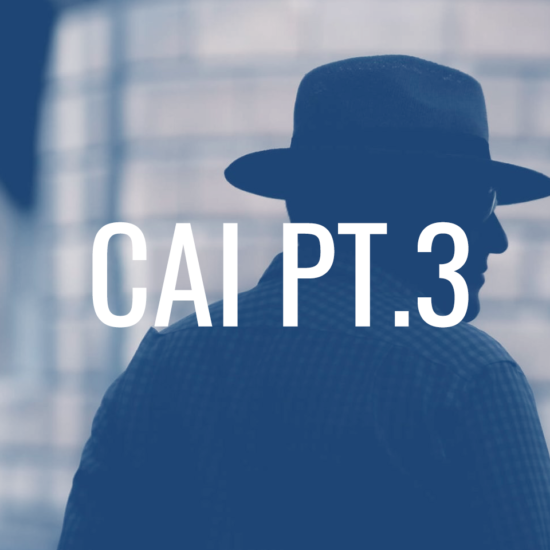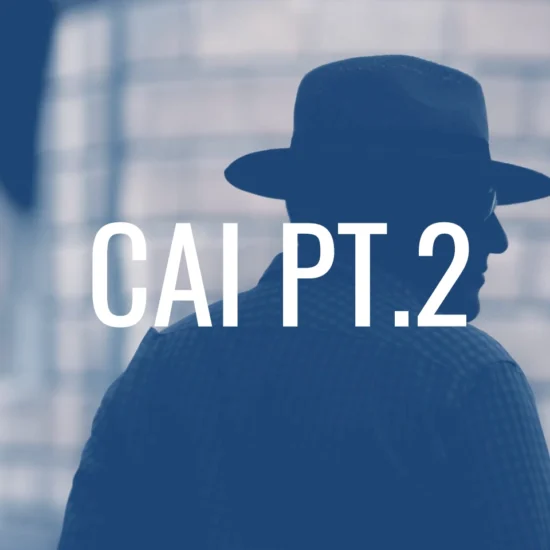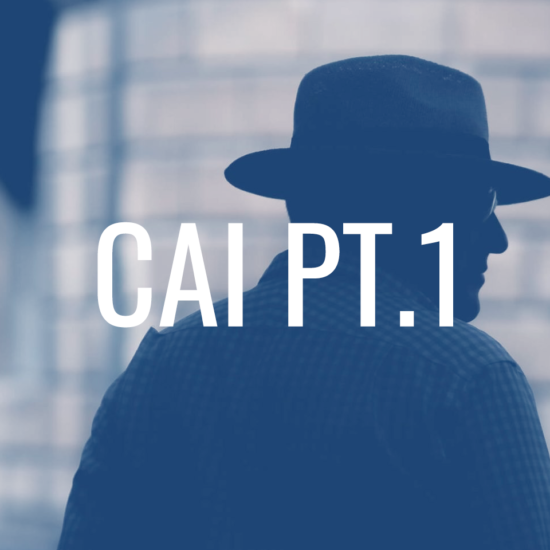
90% of all homeowner association (HOA) are organized as a non-profit corporation. In certain respects, these non-profit corporations are not unlike their for-profit, publicly-traded counterparts. Many homebuyers overlook this important fact only to find that the privatized community in which they now find themselves living is beset with financial problems.
Problems within the organizational hierarchy of some HOAs can lead to political in-fighting in addition to the aforementioned financial issues. Often times the political in-fighting that exists within the HOA is due to a lack of strong leadership from the Board of Directors. Leadership that is even less effective when a Board’s lack of knowledge and expertise is exposed to the members-at-large.
This corporation is in turn governed by a, unpaid, volunteer Board of Directors, which may or not possess any specific expertise that necessarily qualifies the group to govern or management the corporation.
Before launching into a Board-bashing session (a common practice among many disgruntled HOA members) it is only fair to consider the difficult job of the Board of Directors. As an unpaid, untrained group of community volunteers, the average Board of Directors is often left to its own devices in what can easily turn into a protracted on-the-job training exercise.
Unfortunately, the industry, in the form of commercial management interests and state regulators, has done an extremely poor job of building an effective educational platform for teaching of community governance skills.
With little in the way credible educational opportunities for new Board members, it is typically the responsibility of the old Board members to “train” the incoming volunteers. This mentoring approach to training of new Board members may result an effective transfer of knowledge from one generation of Boards to the next; or it can lead to an ongoing disaster when bad habits are passed on from a poorly trained Board to an incoming regime of neophytes.
Other than a handful of self-serving interests that include some of the larger manager company and the Community Associations Institute (CAI), there are few, if any, educational venues available for the average community member who is interested in learning more about community governance and HOA administration.







